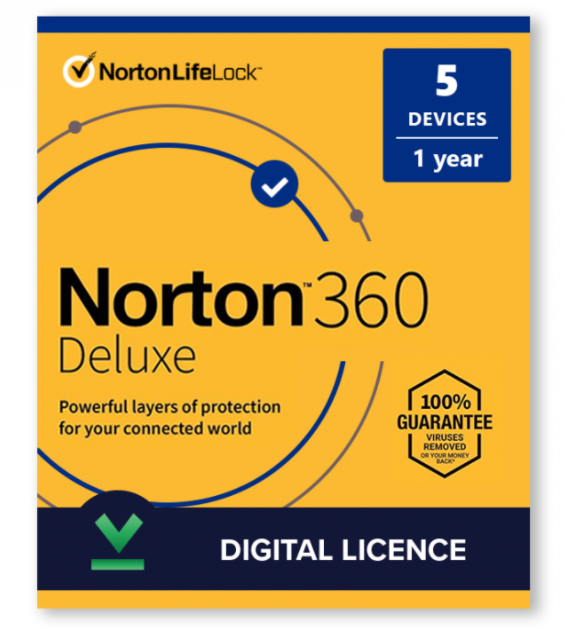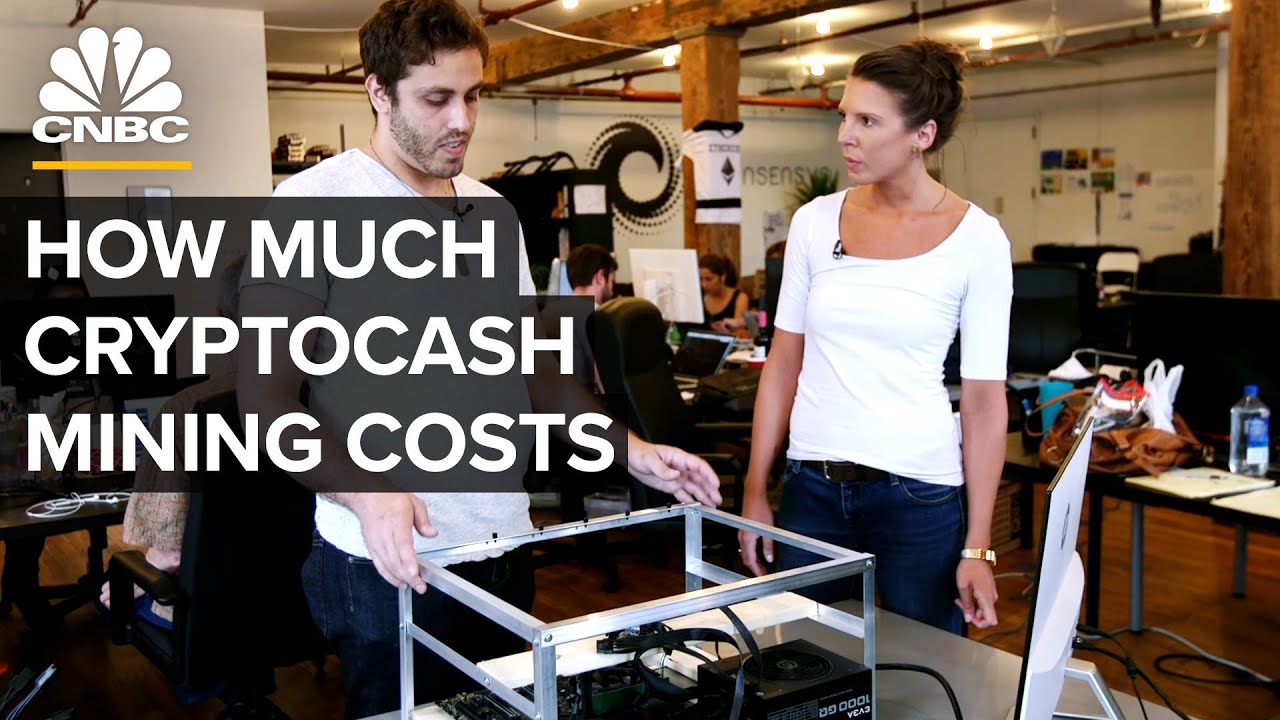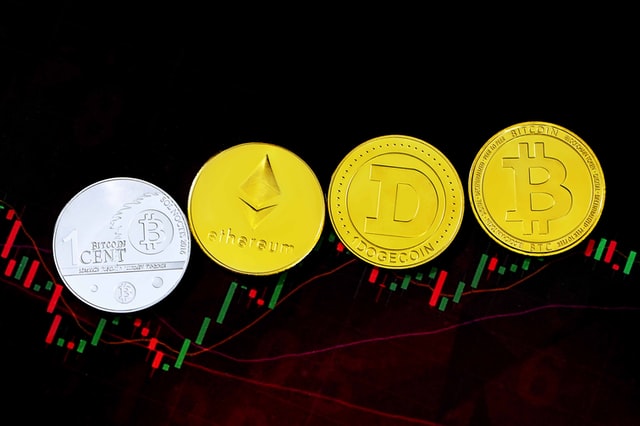Ever Heard Of A Crypto Miner In Antivirus Software? Then, Beware!
Norton surprised the public with its latest Norton 360 product that comes with a crypto miner called Norton Crypto. Whether the majority of the public got surprised or not – some got disgusted – should not really the first major concern, according to some experts.
Author:Camilo WoodReviewer:Dexter CookeJan 14, 2022165 Shares82.3K Views

An hour past midnight on New Year’s Day, someone with the Twitter name “Maxius” (@mAxius) tweeted about Norton Crypto, a supposed cryptocurrency miner or crypto miner by Norton.
The male Twitter user from Chicago called the attention of some whom he likely presumed would look into this matter.
On Twitter, he tagged international media company Conde Nast; Conde Nast-owned tech magazine WIRED; and The Hacker News, an online source of computer security-related news. He also tagged a computer security expert, who uses the pseudonym SwiftOnSecurity in Twitter.
Of course, to shed light on it, he first tagged the culprit Norton.
What “Maxius” apparently deemed disturbing about Norton Crypto was how this crypto miner tends to end up in one’s personal computer without the owner’s knowledge and approval.

How Much It Costs To Mine For Cryptocurrency
Norton Crypto Miner
So, an antivirus software that comes with a crypto miner? For a popular cybersecurity software company, it probably thought, “Why not?”
The exact Tweet by “Maxius” reads: “Norton is installing a cryptocurrency miner called Norton Crypto (NCrypt.exe) on end user systems without so much as a dialogue during the install of its security product.”
As of this writing, the said Tweet has been retweeted more than 2,200 times already.
WIRED picked up the newsworthy topic, albeit from someone else’s Tweet (the one by Cory Doctorow). The Canadian-British journalist and sci-fi author tweeted on January 5 about how Norton “sneakily” did it – all for extra profit.
For anyone in general but particularly for those who are not familiar with crypto mining, WIRED strongly recommended not to engage in it.
“To be clear, you should absolutely not do this,” the magazine advised.
In its “FAQ: Norton Crypto” page on its site, Norton informed that the said crypto miner is found in Norton 360 sold in the U.S. It will specifically mine Ethereum.
Norton assured Norton 360 buyers/users that its crypto mining software will not mine unless the user turns it on. In addition, a user can disable it at any given time.
However, when it comes to disabling Norton’s crypto miner, several users complained about the difficulty involved in doing so, according to WIRED.
“Maxius” also tweeted about this concern on January 1. He said that one needed “to physically delete the NCrypt.exe in the Program Files (or in the “Norton Directory”).” He warned, though, that “a software update” could make it “come back.”
Regarding what Norton will achieve with its decision to include a crypto miner in its antivirus software, it’s additional earnings.
Crypto mining involves fees.
Norton admitted via “FAQ: Norton Crypto” that it will receive 15% of whatever the user mined to cover the transaction and mining fees.
In his news and investigation website Krebs on Security, Brian Krebs expressed his concern over “less savvy Internet users” who purchased Norton 360 and will eventually deal with its crypto miner.
Krebs, an investigative journalist and former Washington Post reporter, said that cryptocurrency and cryptocurrency mining require a great deal of knowledge.
“Navigating that space is terrifying,” he wrote.
For Chris Vickery, a California-based cybersecurity and information security expert, it’s not only scary.
The move to install a crypto miner is “disgusting” and “gross,” Vickery tweeted on January 6, and as for Norton, it’s a “brand-suicide.”
Cryptocurrency Mining
People would normally think of cryptocurrency mining or crypto mining “as a way of creating new coins,” according to Freeman Law.
It’s complicated in the way that mining compels one to invest a huge deal of time and purchase expensive equipment.
A crypto miner will need to use a powerful computer (and by powerful it means that a PC has a great motherboard, RAM, graphics processing unit or GPU, to name a few). Plus, don’t forget the cooling fans, please.
Long and heavy use of a computer will consume much electricity (remember, you’re not the only one mining – there could be hundreds even thousands of you). So, don’t be startled with your monthly electric bills. Moreover, mining involves long and complex computational work.
As Investopedia aptly puts it: crypto mining is “painstaking, costly, and only sporadically rewarding.”
Is Crypto Mining Illegal?
Whether crypto miningis legal or not depends on the country or jurisdiction and the pertinent laws, rules, and regulations it implements regarding cryptocurrency.
For example, Freeman Law, a tax law firm in Texas, mentioned on its website that in America, a crypto miner qualifies as a money transmitter.
That’s how the Financial Crimes Enforcement Network (FinCEN), a bureau of the U.S. Department of the Treasury, categorizes it. Therefore, crypto miners must adhere to any U.S. law pertaining to transmitting money.
A money transmitter can be an individual who (or a business entity that) transmits or transfers “money either in the U.S. or abroad on behalf of another person or persons” (or business entity or entities). That’s according to Pennsylvania-based surety bond company JW Surety Bonds.
In an article published in July 2018 on its website, the U.S. Library of Congress wrote about the legal status of cryptocurrencies in different parts of the world.
Cryptocurrencies are banned in the following countries:
(a) Algeria
(b) Bolivia
(c) Morocco
(d) Nepal
(e) Pakistan
(f) Vietnam
In November 2021, Euronews Next reported that the countries listed above still ban cryptocurrencies. The countries below likewise pursued a similar stance:
(a) China
(b) Indonesia
(c) Iraq
(d) North Macedonia
(e) Turkey
Though Colombia, Egypt, and Russia don’t totally declare cryptocurrencies as illegal, they passed laws to restrict their trading, according to Euronews Next.
Is Someone Mining On My Computer?
At Quora, a Q&A website, writer Ralf Huber from Greenland enumerated signs that you got “cryptojacked.” That’s the term used, wrote Huber, to refer to an incident when a crypto miner discreetly uses someone’s PC.
First, there will be a sudden unusual slower PC performance. You’ll notice that it takes longer than usual for pages to load, for example. Your Internet connection is fine and your online activity is not much but your PC is very slow. According to Huber, an antimalware software may not always detect such intrusion.
Second, your PC starts to “overheat.” Crypto mining requires a computer to perform harder.
Third, your electric bill soared up. Again, mining cryptocurrencies consume a lot of electricity.
That’s what Chris Vickery tweeted about on January 6. A crypto miner may end up with an electricity bill higher than how much he/she made from mining.
Lastly, “suspicious websites” pop up while you’re Web surfing. These sites, according to Huber, will lure you to participate in mining activity.
Conclusion
With the Web abuzz about Norton’s crypto miner, it looks like another cybersecurity software company wanted to take a similar path carved by Norton.
Brian Krebs tweeted on January 9 that there’s already a new crypto miner in town: Avira Crypto.
It’s by Avira, which has more than 500 million users, according to Krebs.
He also added that NortonLifeLock (the former Symantec Corporation), by the way, is the new owner of Avira and Avast.
Will Avast, with 500 million users, per Krebs, follow suit and introduce anytime this year its own crypto miner called, well, “Avast Crypto,” perhaps?

Camilo Wood
Author
Camilo Wood has over two decades of experience as a writer and journalist, specializing in finance and economics. With a degree in Economics and a background in financial research and analysis, Camilo brings a wealth of knowledge and expertise to his writing.
Throughout his career, Camilo has contributed to numerous publications, covering a wide range of topics such as global economic trends, investment strategies, and market analysis. His articles are recognized for their insightful analysis and clear explanations, making complex financial concepts accessible to readers.
Camilo's experience includes working in roles related to financial reporting, analysis, and commentary, allowing him to provide readers with accurate and trustworthy information. His dedication to journalistic integrity and commitment to delivering high-quality content make him a trusted voice in the fields of finance and journalism.

Dexter Cooke
Reviewer
Dexter Cooke is an economist, marketing strategist, and orthopedic surgeon with over 20 years of experience crafting compelling narratives that resonate worldwide.
He holds a Journalism degree from Columbia University, an Economics background from Yale University, and a medical degree with a postdoctoral fellowship in orthopedic medicine from the Medical University of South Carolina.
Dexter’s insights into media, economics, and marketing shine through his prolific contributions to respected publications and advisory roles for influential organizations.
As an orthopedic surgeon specializing in minimally invasive knee replacement surgery and laparoscopic procedures, Dexter prioritizes patient care above all.
Outside his professional pursuits, Dexter enjoys collecting vintage watches, studying ancient civilizations, learning about astronomy, and participating in charity runs.
Latest Articles
Popular Articles



